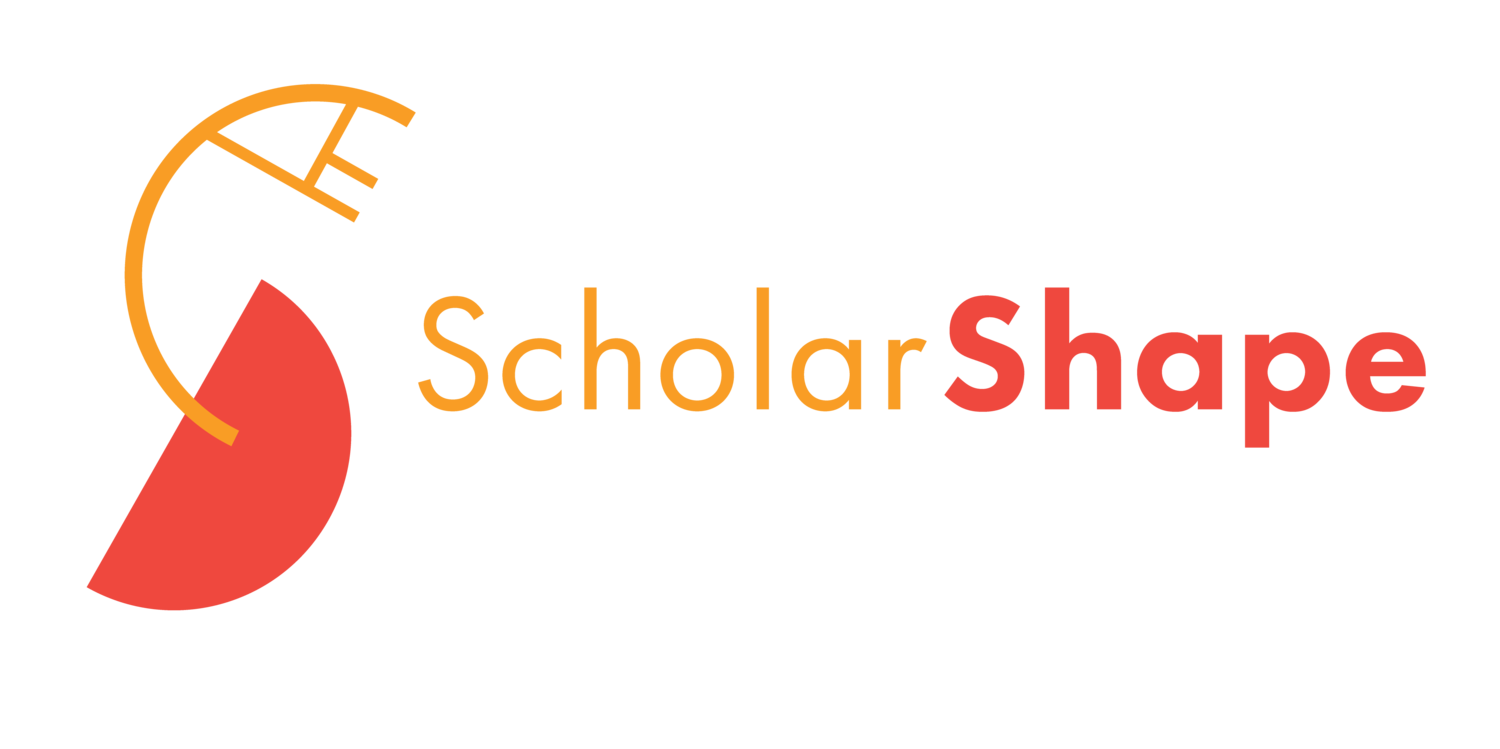In April 2020, I asked Greg Britton, Editorial Director of Johns Hopkins University Press, "What do scholars need to know right now?"
Greg responded by sharing his perspectives on the current shifts in scholarly publishing as well as more perennial questions like how to approach acquiring editors, deal with impostor syndrome, and craft an irresistible book proposal.
Greg’s insights help scholarly authors imagine a way through the rapidly shifting world of scholarly publishing in 2020 and beyond.
—Margy Thomas, Ph.D., Founder of ScholarShape
INTERVIEW HIGHLIGHTS
00:00 - Welcome and Introduction
01:04 - Survey of the scholarly publishing landscape, how it’s shifting, and what we anticipate happening in the future.
05:12 - Writing as an act of generosity between author and reader: presses look for books that give something of value to readers in exchange for their attention. Greg asks, “Whose life depends on this book?”
08:40 - Scholarship as storytelling and as pedagogical tool: books can transform readers by teaching through story
10:25 - Possibilities for new forms of scholarship as books get harder to publish (I edited out my long spiel on immersive digital experiences as scholarship; you’re welcome!)
11:15 - Practical stuff: In these changing times, scholars should now, more than ever, involve potential UP editors as early and often in their book development projects as possible. With conferences off the table, think informal, context-specific outreach strategies (email, DM slide). Remember acquisitions editors are deeply versed in the lit of the fields they publish in and can be thought partners and market bellwethers. “It’s never too early to have those conversations. ... They’re normal people; just talk with them.”
18:00 - Acquiring editors get TONS of new proposals each day, but Greg identifies the four traits that make a pitch stand out in a good way: (1) it’s a fit for the press, (2) it takes a fresh approach to the topic, (3) it’s crafted to appeal to a broad and definable audience, and (4) the author is credible to write on this specific topic. (Greg defines “credibility” in a refreshingly non-snobby way!)
26:12 - Let’s talk impostor syndrome: the collective distortion that underlies so much of academia’s competitiveness and cruelty.
30:45 - The scholarly enterprise is at a critical crossroads, and its very survival may be or feel threatened. AND YET, there is a very specific way we can keep working to build it, and keep hoping in it, and imagining possibilities for a better future. (Greg likes my fave line from Oscar Wilde!)
33:30 - Acquisitions editors as real human beings with hopes, dreams, and desires, who are in search of love and beauty just like the rest of us, but also calculating strategic business decisions, like in Mad Men.
39:45 - The challenges of promoting/ marketing scholarly books, the importance of scholarly authors being spokespeople for their own books, and the role of presses in coaching authors to be their books’ advocates.
45:52 - “If you’re getting publishing advice that’s more than five years old, it may be the wrong advice. Which is all the more reason that authors and editors should talk... They will give you a sense of what the landscape looks like right now.”
46:46 - When or how is a relationship cemented between an author and acquiring editor? Is there a “perfect moment” in the book development process to first reach out? To send in a proposal?
48:36 - Specifics of the length, format, and content that Greg looks for in a proposal. The key point to note, though, is that this proposal exchange occurs in the context of a relationship between author and acquiring editor.
50:10 - Greg’s thoughts on possibilities for creative, innovative, genre-defying scholarship 💫
52:28 - Closing reflections
About Greg Britton: As Editorial Director of Johns Hopkins University Press, Greg oversees a team that publishes 160 books per year. The press also published 90 journals (mostly humanities and social science), and the digital aggregator Project Muse. Greg acquires and develops books for his own list in Higher Ed Studies as well. Follow him on Twitter at @gmbritton.
